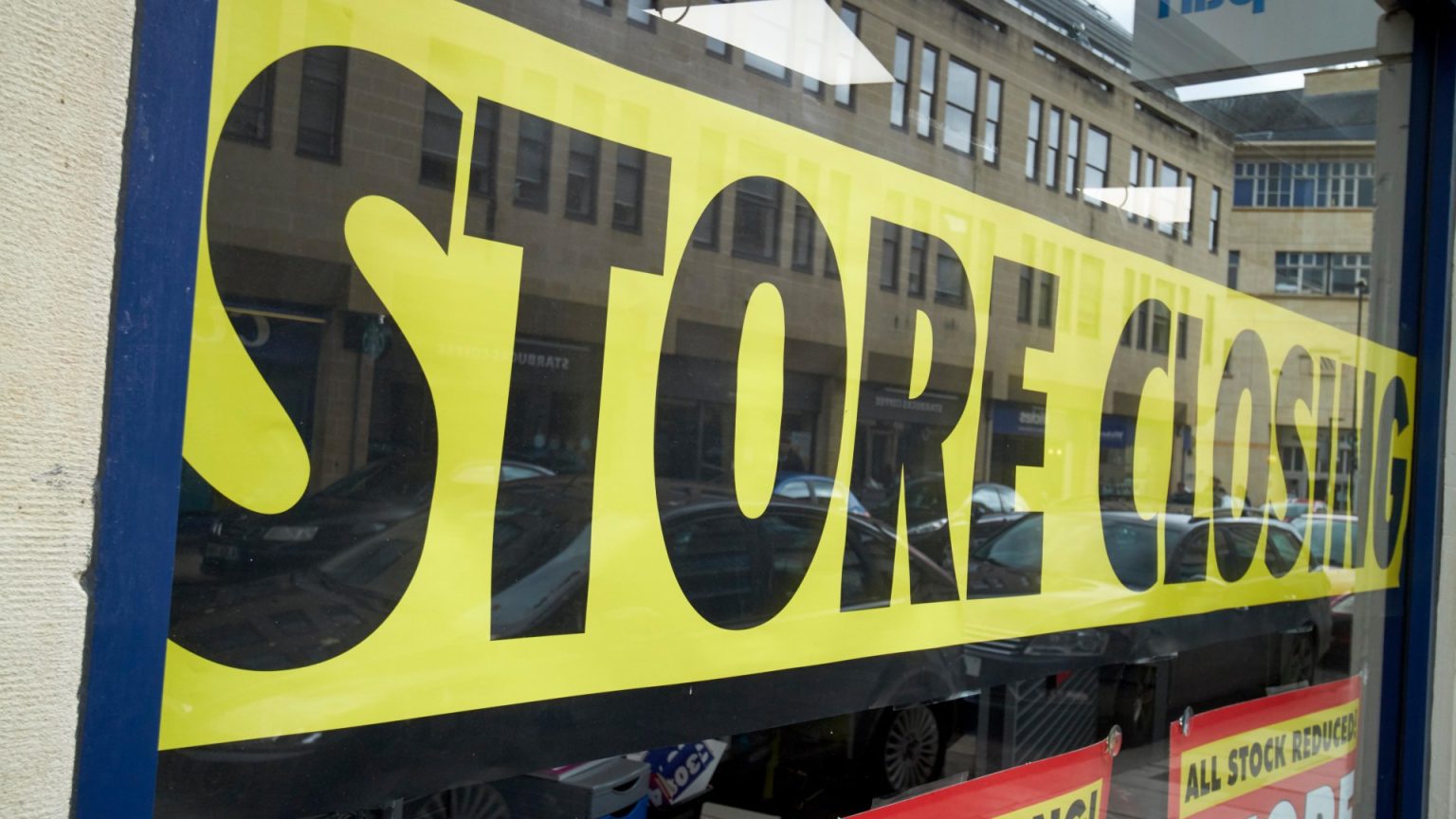The impending closure of Card Zone in Scunthorpe, slated for April 2025, has sparked dismay among local shoppers. The store, part of a chain with 60 locations across the UK, has already commenced a closing-down sale, offering 20% off its merchandise. Social media platforms have become outlets for customers to express their sadness, with some lamenting the decline of the town centre and others highlighting the store’s popularity for Disney merchandise. This closure follows a pattern of similar shutdowns by Card Zone, including an impending closure in Stroud, Gloucestershire, next month, and previous closures earlier this year in Reigate and last year in Beeston and Kirkby in Ashfield, Nottinghamshire. The broader context of these closures is the challenging environment for UK retail, beset by high inflation and a cost-of-living crisis that has significantly reduced consumer spending.
Card Zone’s struggles are not unique. The UK retail sector is undergoing a significant period of contraction and restructuring, with a wave of store closures announced by several major retailers. Dobbies garden centres closed 12 locations before Christmas to mitigate rising costs, while Homebase has earmarked six stores for closure by the end of the year, including locations in Sutton Coldfield, Bromsgrove, Cromer, Fareham, Newark, and Rugby. A further three Homebase stores in Derry, Inverurie, and Omagh, along with one in Glenrothes, are also scheduled to close in the near future. Homebase recently entered administration and was subsequently rescued by CDS Superstores, the owner of The Range and Wilko, but the restructuring process has necessitated store closures to ensure the company’s survival.
These closures, impacting various sectors within retail, underscore the pervasive challenges facing businesses in the current economic climate. The retail landscape has been drastically reshaped by a confluence of factors, including the lingering effects of the pandemic, soaring inflation, and a shift in consumer behavior toward online shopping. The combined pressure of escalating energy costs and reduced consumer spending power has created a perfect storm, forcing businesses to make difficult decisions about store closures and workforce reductions. This period of upheaval is affecting both large chains and smaller independent businesses, reflecting a systemic challenge for the entire retail industry.
The reasons behind this widespread phenomenon are complex and interconnected. The pandemic accelerated the shift toward online shopping, a trend that has continued even as pandemic restrictions have eased. This has impacted brick-and-mortar stores, which have struggled to compete with the convenience and often lower prices offered by online retailers. Simultaneously, soaring inflation has eroded consumer purchasing power, leading to decreased spending on non-essential items. This reduced demand has further compounded the difficulties faced by retailers, particularly those with high operating costs and thin profit margins.
Beyond these factors, businesses are also grappling with rising energy costs, which add another layer of financial pressure. The increasing cost of utilities, coupled with rising rent and other operational expenses, makes it increasingly difficult for retailers to maintain profitability. In many cases, businesses are forced to make difficult decisions about store closures and staff reductions in order to remain viable. This trend is impacting both large chains and smaller independent businesses, highlighting the widespread nature of the challenges facing the retail sector.
The recent surge in store closures and job losses reflects a turbulent period for the retail sector. Although 2023 saw a decrease in the number of jobs lost compared to the previous year, the figure of 119,405 job losses and 10,494 store closures remains substantial. Experts warn that the difficult economic conditions, characterized by high inflation and increased borrowing costs, are likely to continue in 2024, potentially leading to further closures and job losses. The collapse of major retailers like Wilko, Paperchase, and Cath Kidston in 2023, and the recent administrations of The Body Shop and Ted Baker in 2024, underscore the fragility of the sector and the ongoing challenges that retailers face. The landscape of the UK high street is undergoing a significant transformation, and the future remains uncertain for many retailers.











